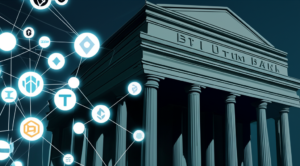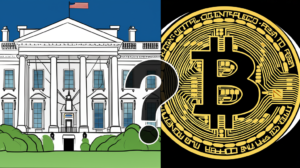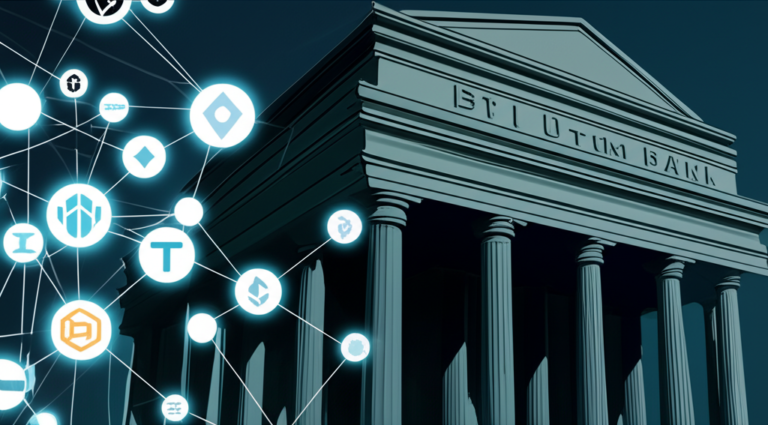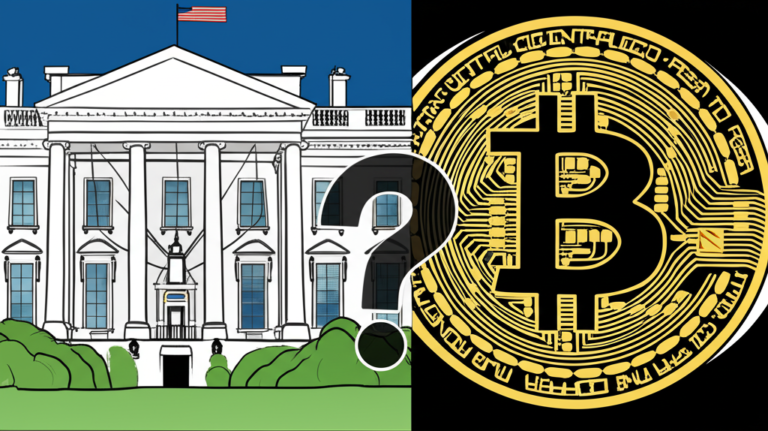UK Government Cracks Down on Ransomware: Public Sector Payment Ban Announced
The UK government has announced a sweeping new policy aimed at crippling the lucrative ransomware business model: a complete ban on ransomware payments by all public sector organizations. This bold move, announced [Insert Date – infer from source or current date], signifies a significant shift in the UK’s cybersecurity strategy and could set a precedent for other nations grappling with the escalating threat of ransomware attacks.
A Targeted Blow to Cybercriminals
The ban, affecting bodies like the National Health Service (NHS) and local councils, is explicitly designed to “smash the cyber criminal business model,” according to government sources. By removing the financial incentive for ransomware attacks, the UK hopes to deter future attacks and ultimately reduce the frequency and severity of these disruptive events. This strategy acknowledges that paying ransoms often fuels further attacks, incentivizing criminal groups and providing them with the resources to enhance their malicious capabilities.
The NHS: A Prime Target, a Strong Defense
The NHS has been a particularly high-profile target for ransomware attacks in recent years, with incidents causing significant disruption to patient care. While specific figures regarding NHS ransomware payments are often kept confidential for security reasons, publicly reported incidents have highlighted the considerable costs – both financial and reputational – associated with these attacks. The ban represents a significant change in approach, prioritizing proactive cybersecurity measures and resilience over reactive ransom payouts.
Beyond Financial Deterrence: A Multi-Pronged Approach
The ban is not a standalone measure. The UK government is also expected to ramp up its investments in cybersecurity infrastructure and training for public sector employees to mitigate the risk of ransomware attacks in the first place. This includes improving data backups, implementing robust security protocols, and conducting regular security audits.

The government’s strategy likely also incorporates elements of law enforcement cooperation, focusing on identifying and prosecuting perpetrators of ransomware attacks, both domestically and internationally. This multi-pronged approach signals a commitment to tackling ransomware on multiple fronts, rather than simply relying on a financial deterrent.
Potential Challenges and International Implications
While the ban is a significant step, challenges remain. Successfully enforcing the ban will require robust oversight and clear guidelines for public sector organizations. Furthermore, the effectiveness of the policy will depend on the wider global response to ransomware. If other countries continue to pay ransoms, it may still incentivize attacks targeting the UK, albeit perhaps with a reduced financial return.
However, the UK’s decisive action may inspire other governments to adopt similar policies, potentially creating a more robust international defense against ransomware. This could significantly shift the balance of power in the ongoing cyber arms race.
Key Takeaways:
- The UK government has banned ransomware payments within the public sector.
- This aims to disrupt the financial incentives for cybercriminals.
- The policy focuses on strengthening cybersecurity defenses and law enforcement.
- The effectiveness will depend on international cooperation and enforcement.
- This move could influence other nations’ cybersecurity strategies.










